Water Conservation
Water conservation and water loss control resources for the public and water users.
In the context of droughts, a growing population, and competing demands on our water resources, how do we minimize the impacts? We use only what we need, by reducing water losses and increasing water efficiency. This webpage provides resources for all water users--whether you’re a homeowner, a public water system, or a facility. For homeowners, you may be interested in the outreach materials related to becoming more efficient in your home or with your yard. For public water systems, you may be interested in the water conservation plan materials, the Leak Detection Survey Grant, or water audit resources.
If you’re interested in learning the fundamental elements of water conservation, we invite you to read this Water Conservation Primer and Water Conservation Overview fact sheet.
Related Content
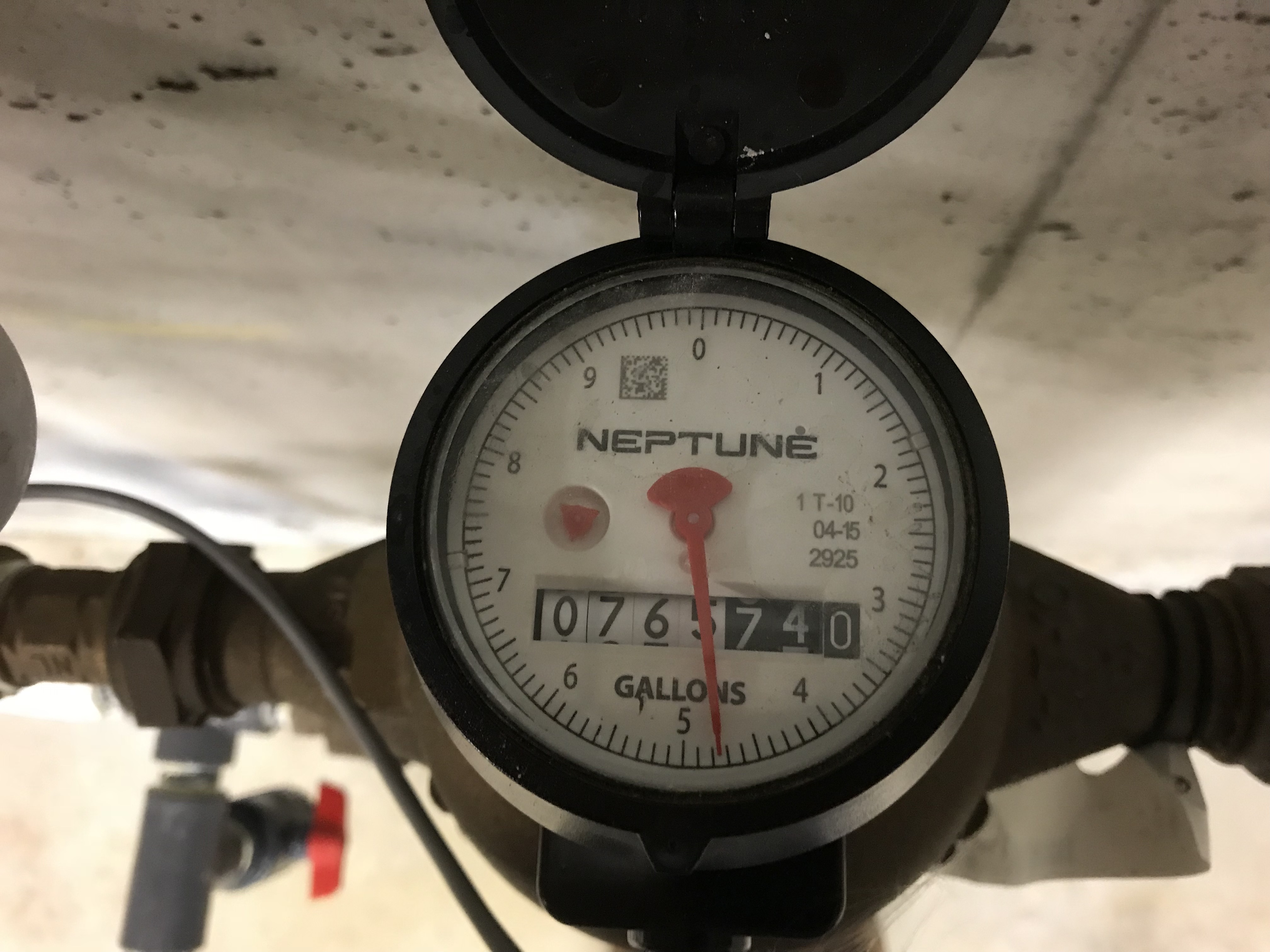
Water Conservation Plan Development
In accordance with RSA 485:61 and Env-Wq 2101, certain water systems and users seeking approvals from NHDES for new sources of groundwater or surface water are required to submit a water conservation plan (WCP) that demonstrates best management practices to reduce water losses, water waste and water use. A WCP is required to be actively implemented once approved and lasts the lifetime of the water system or user. Please refer to the rules or contact NHDES to verify whether a WCP is required. Applicants must complete public notification. One item that should be mailed as part of that process is the summary of water conservation rules.
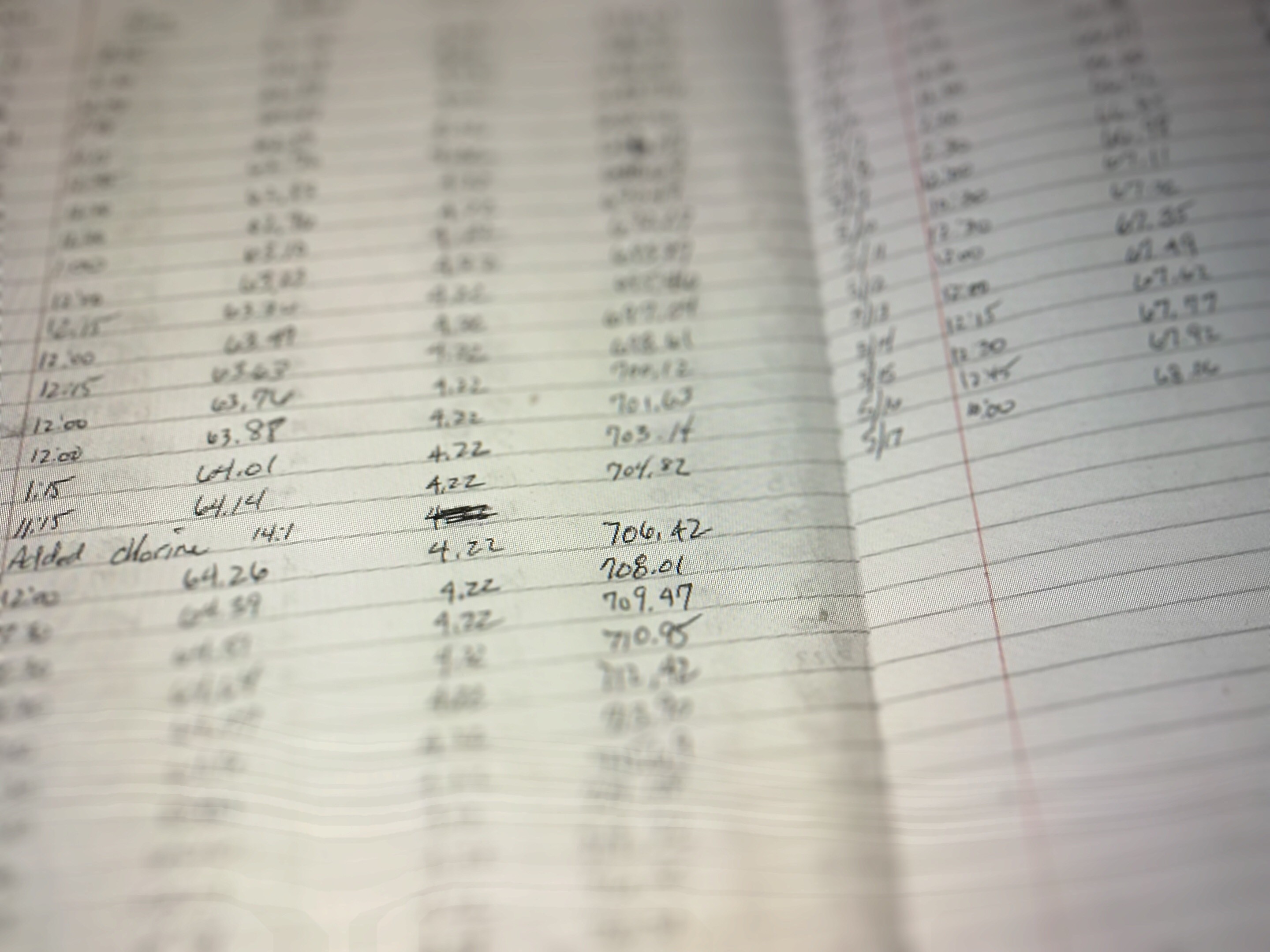
Water Conservation Plan Compliance
Every three years from the date of the WCP approval, an Ongoing Compliance Reporting Form must be submitted to NHDES. Certain systems or facilities have to report an annual water balance using the Annual Water Balance Reporting Form. For information about the difference between a water balance and water audit, check out this short overview.
In accordance with RSA 485-C:21-a, NHDES may grant a renewable exemption from Env-Wq 2101 to any municipality with a water balance of less than 15%. A municipal water system that wishes to request a renewable exemption can complete and submit the Water Conservation Exemption Request Form.
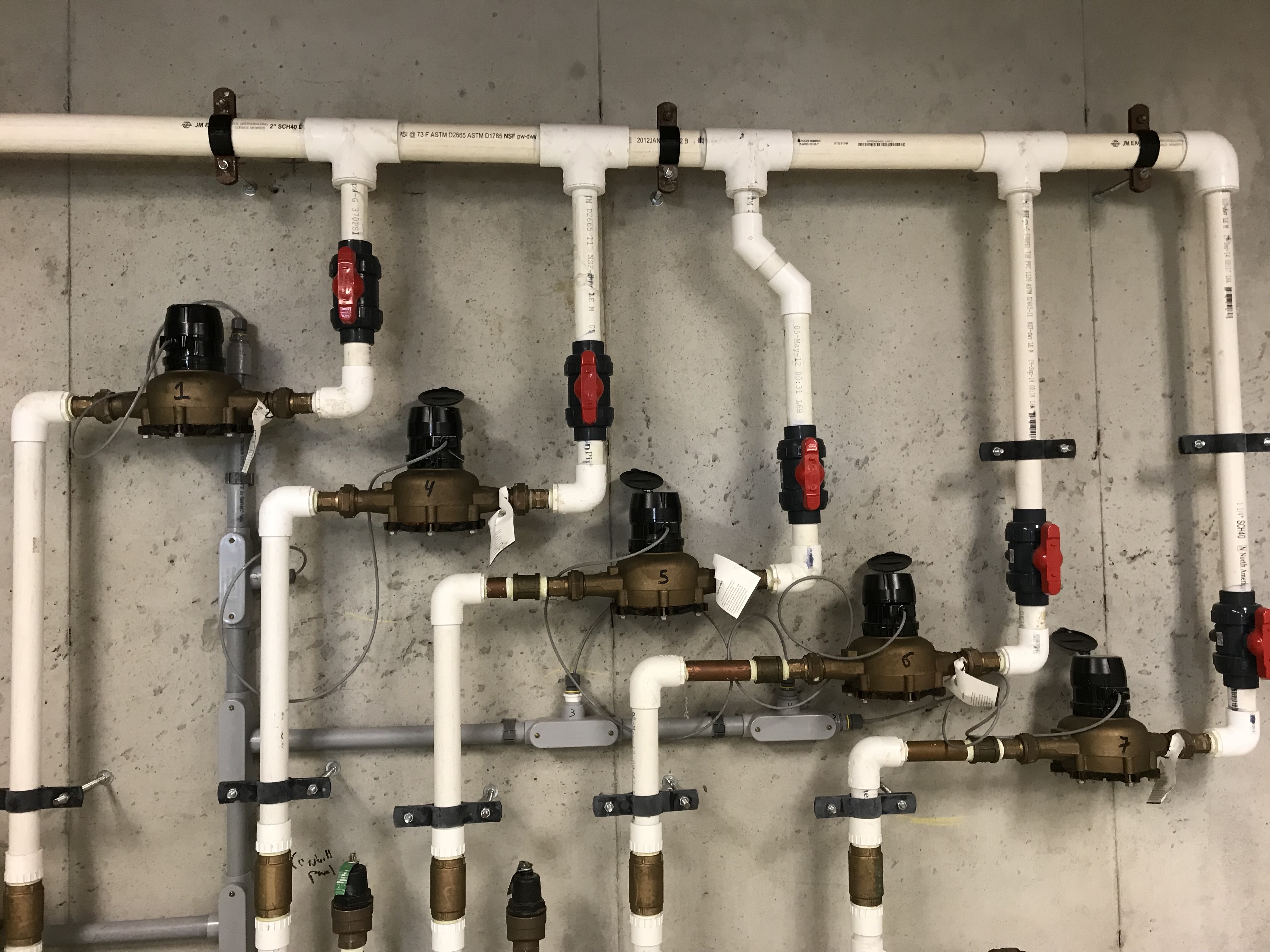
Active Water Conservation Plans
All water users, including public water systems, with active water conservation plans are included in this list.
All active water conservation plans are available in the document library. For a specific plan, search by facility/system name in the keyword field.
Water Saving Tips
There are lots of different ways we can use water more efficiently. For more information and tips, check out the USEPA’s WaterSense website, and the resources at the link below.
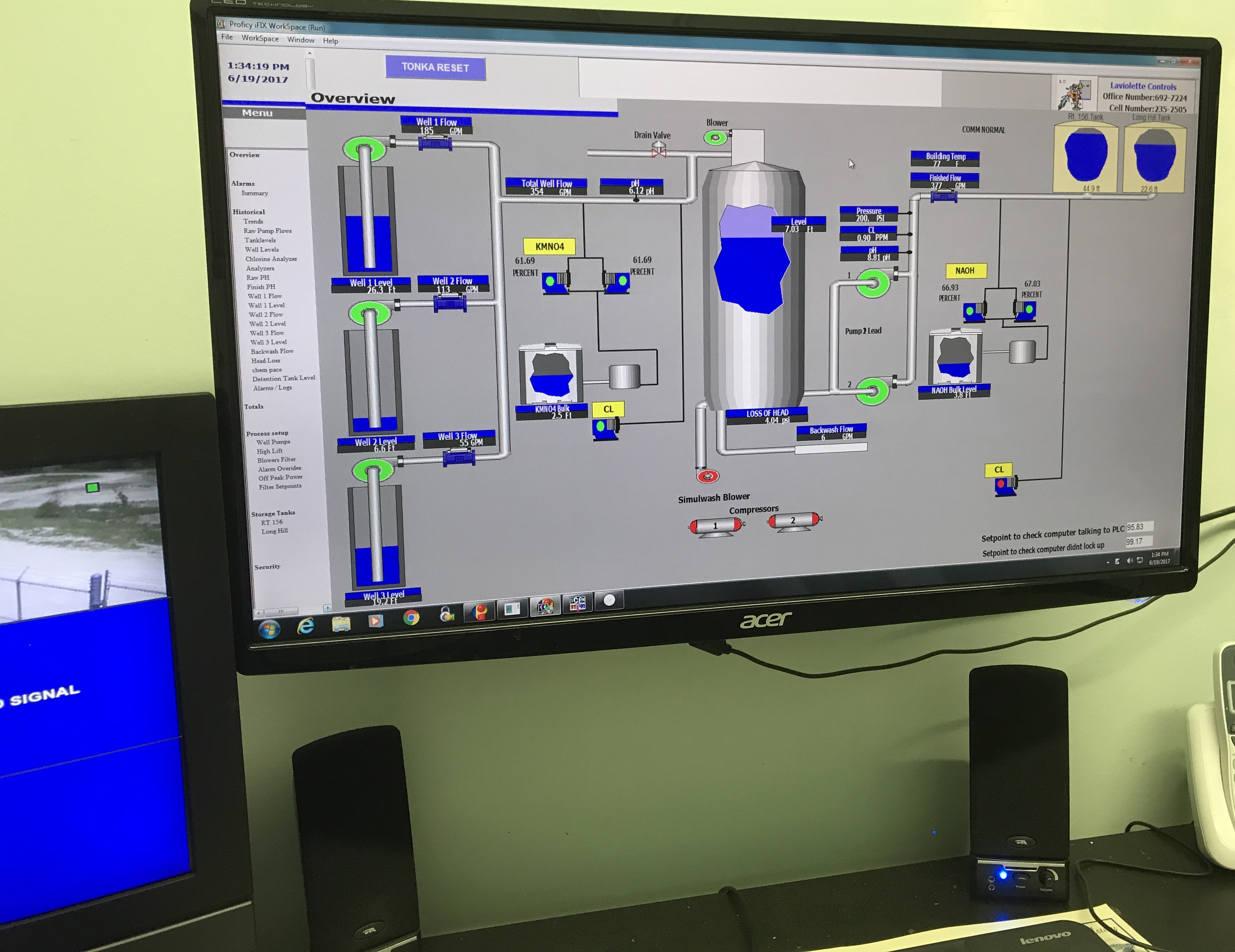
Water Loss Control and Reduction
Water loss control and reduction are essential components of responsible water system management. Water loss is comprised of “real losses” and “apparent losses.” Real losses are “wet” losses and include leaks and storage tank overflows. Apparent losses are “paper” losses and include unauthorized consumption, meter inaccuracy, and data handling errors.
If you're wondering where to start in order to understand, manage and reduce water losses, check out the “Water Audit” tab as well as the Water Loss Reduction Resources guide.
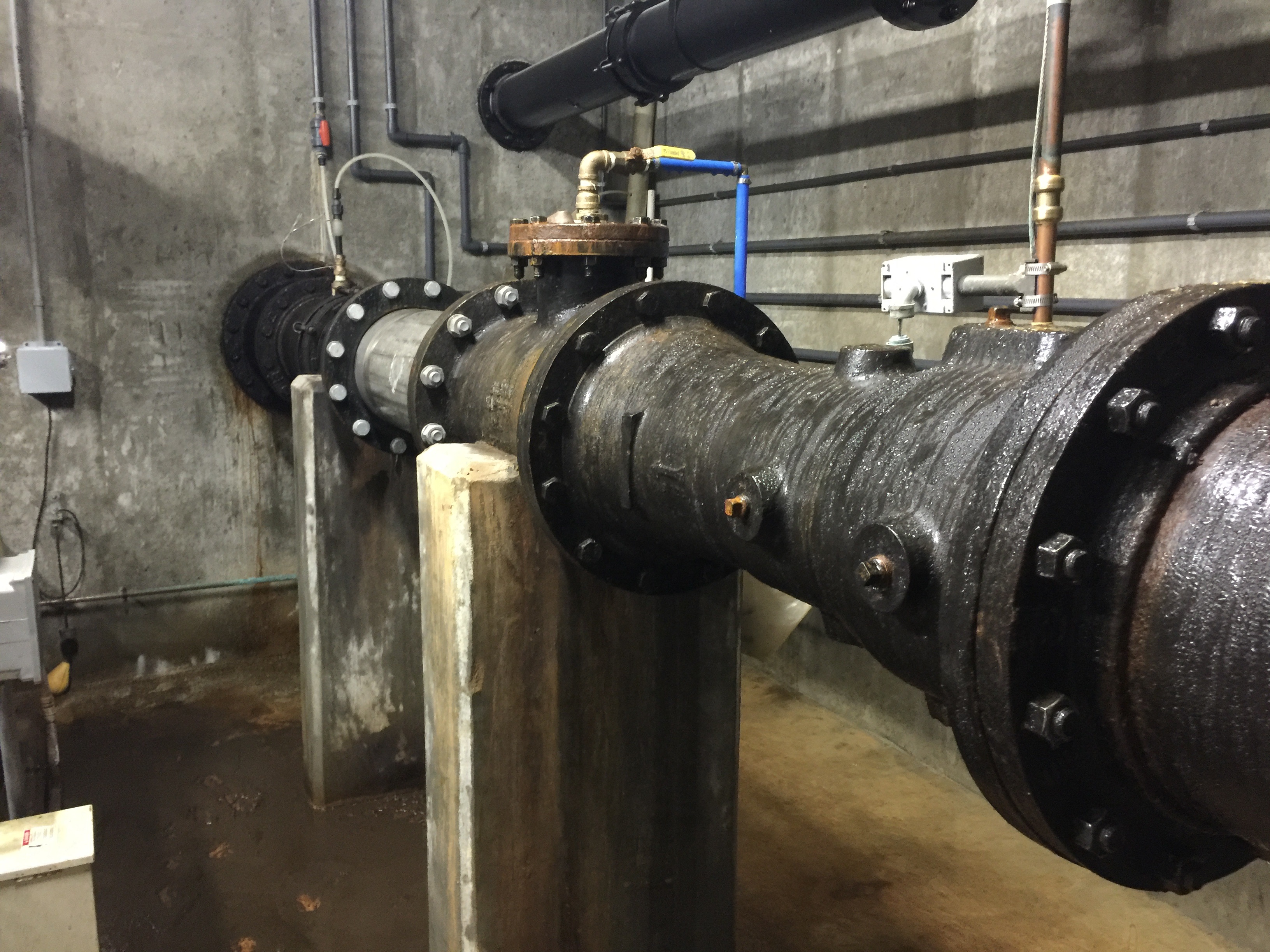
Water Audit
Water audits are an integral water loss control tool. By collecting and assessing data, water systems can recognize areas to focus their water loss reduction efforts — whether that’s in their production, distribution, billing or tracking processes. Check out this short overview of the fundamentals of a water audit.
The American Water Works Association (AWWA) offers useful water loss control resources, including free water audit software. Additional resources and tips for completing a water audit using the AWWA software are included in this guide.
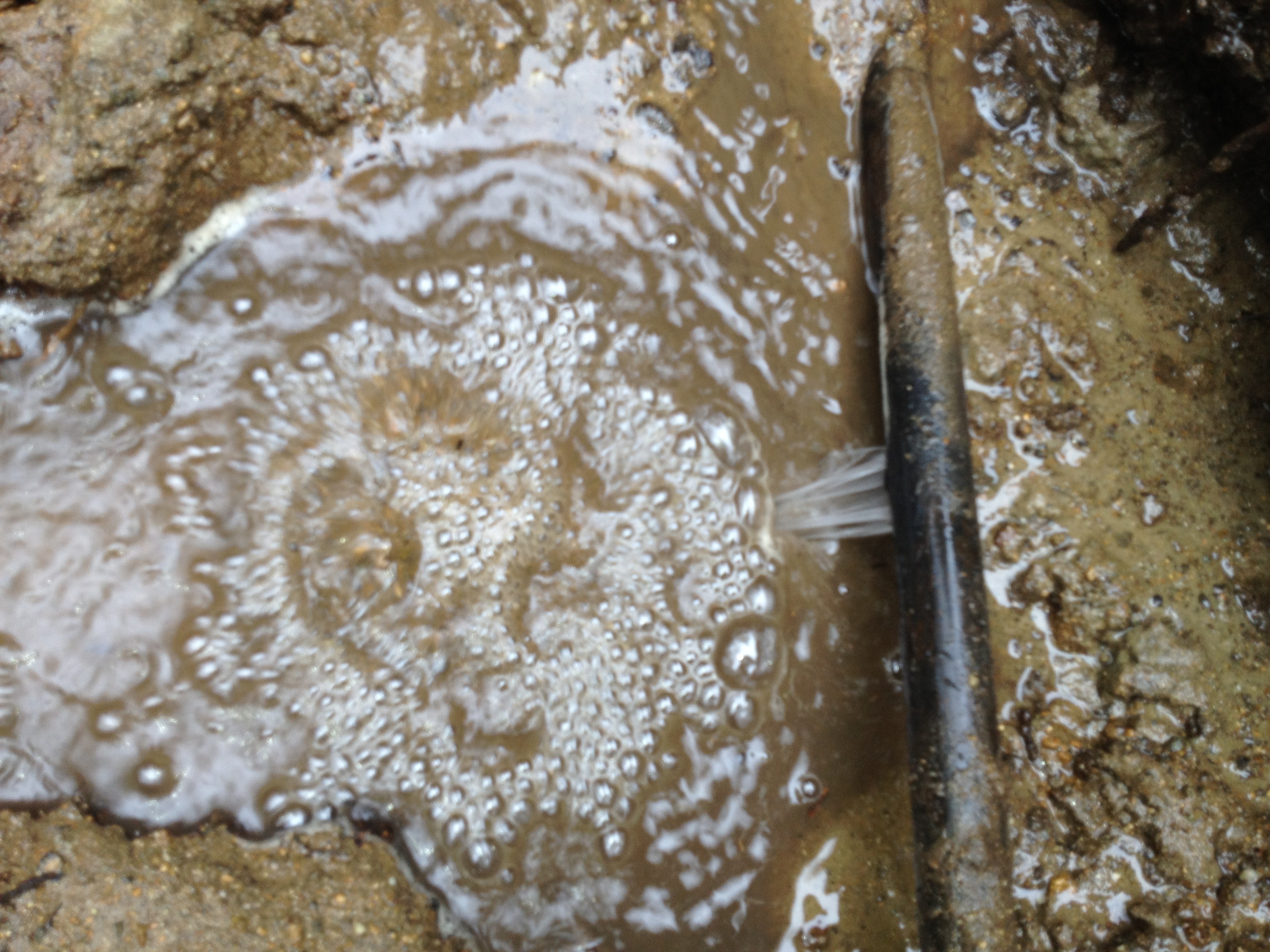
Leak Detection Survey
Leak detection surveys are an important way of discovering leaks on a system's water mains, service lines, hydrants and valves. Proactive leak detection and repair can reduce a water system's pumping and treatment costs, provide an opportunity to better manage and prioritize projects, and protect water supply quality and quantity. See the list of firms offering leak detection services to public water systems.
NHDES has offered Leak Detection Survey Grants to all community water systems in the state since 2010. Selected applicants receive a free leak detection survey by a professional firm that is retained by NHDES through a competitive bid process.
Water Use Restrictions
Municipalities and public water systems have the authority to adopt and implement regulations to restrict types of water use during certain circumstances, such as a drought. Municipalities can also adopt regulations for landscape water efficiency.
Success Stories
Each year, NHDES recognizes a water system, municipality, organization, or person for exemplary efforts to preserve the sustainability of our drinking water resources. For more information, check out the list of past recipients.




